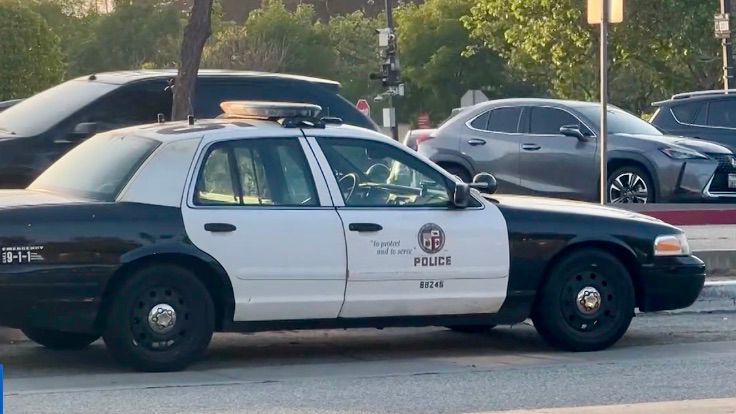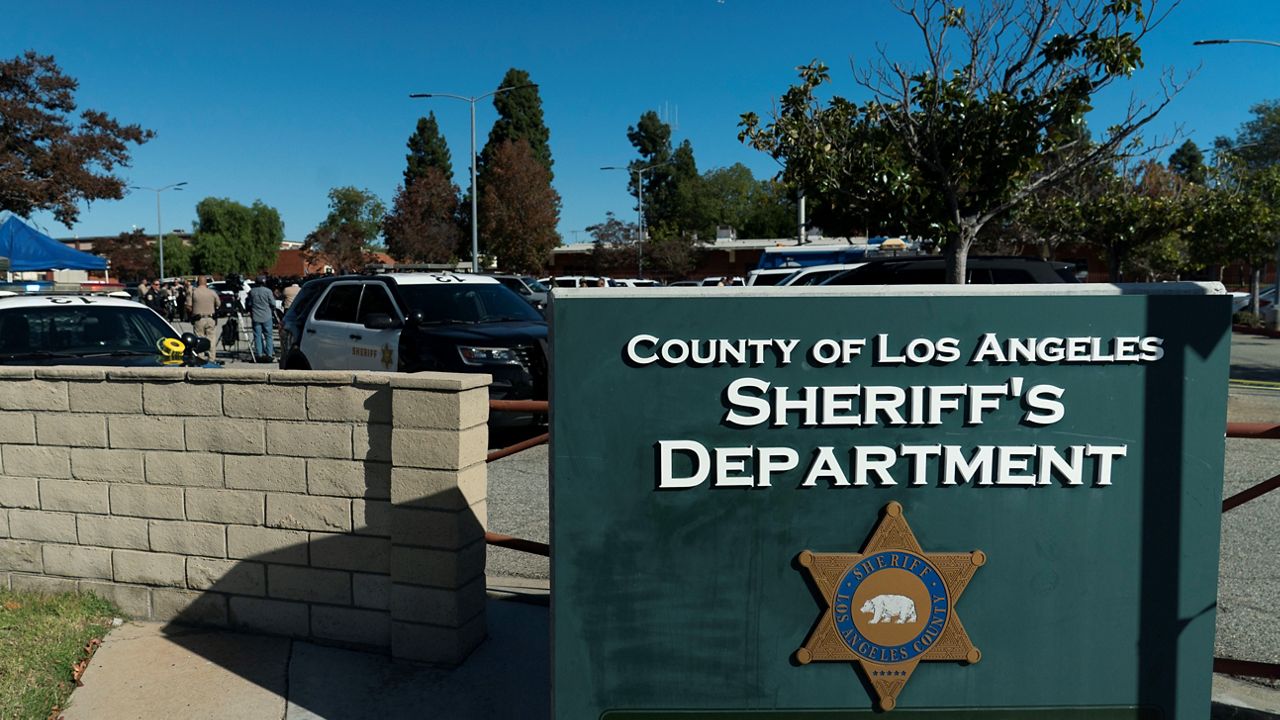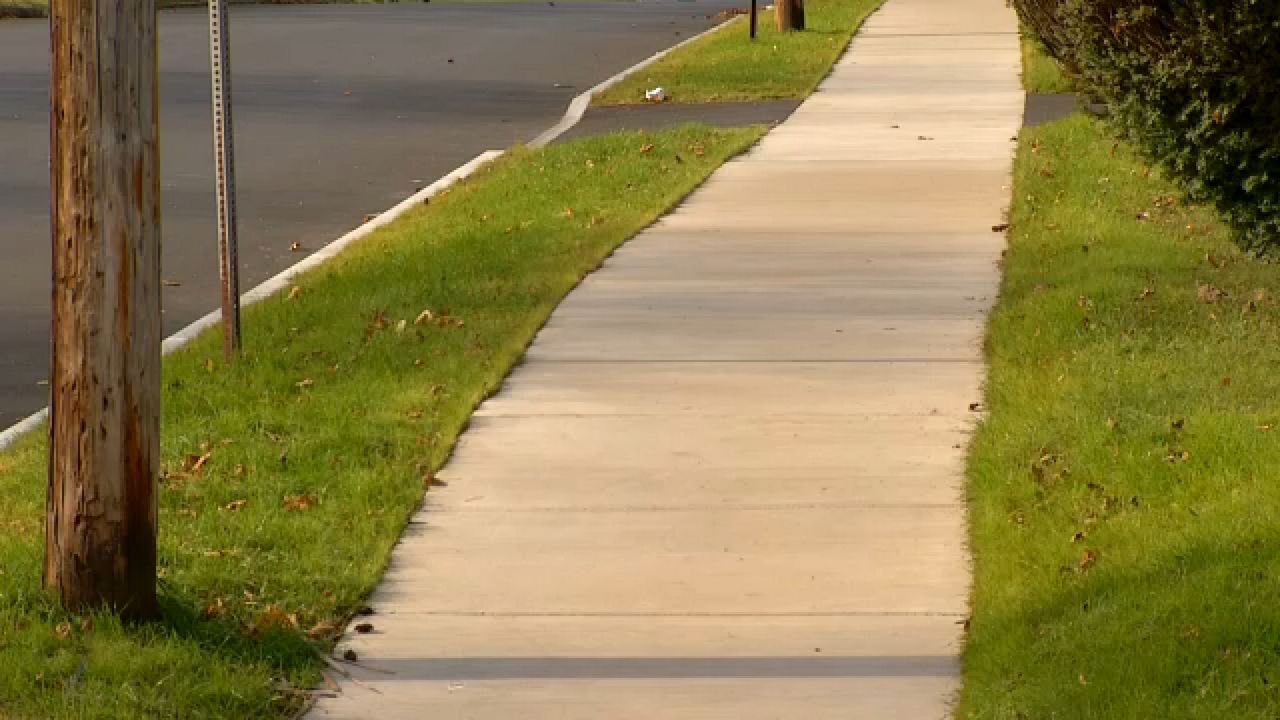PORTER RANCH, Calif. — City and police officials are touting Friday an ongoing effort to install 100 automated license plate readers in the northwest San Fernando Valley, saying the technology can play a crucial role in combating rising crime.
Los Angeles City Councilman John Lee allocated $500,000 to have 100 readers, known as ALPRs, installed throughout his 12th Council District to help police identify and locate vehicles linked to crimes.
At a news conference Thursday morning in Porter Ranch, Lee hailed the project, noting, “All of us here today know that Los Angeles is consistently seeing crime throughout the city become more brazen, more organized and more public.”
“Today we’re standing on Rinaldi Street, which goes all the way through Council District 12, and has literally been a line that shows you where crimes are most likely to happen in my district,” Lee said. “Last year, (the Los Angeles Police Department’s) Devonshire Division reported that the homes and communities located north of this very street experienced a 103% increase in home burglaries.”
The license plate readers are being installed at various strategic locations in Lee’s northwestern San Fernando Valley district, generally mounted to light poles. When the cameras detect a plate that has been linked to crimes, police are automatically notified.
Mobile ALPRs are already installed in about 1,500 LAPD patrol cars, and there are about five dozen of the devices scattered around the city.
LAPD interim Chief Dominic Choi said the mobile units deployed in the department’s South Bureau have already helped “solve a number of murders.”
“This technology is crucial as we continue to explore innovative ways to combat crime,” Choi said Thursday. “Studies show that motor vehicles are involved nationally in about 75% of all crimes. Whether it’s robberies, whether it’s burglaries, whether it’s human trafficking, whether it’s murders, drive-by shootings — their mode of transportation is a vehicle. So it’s so important that we can get information quickly to investigate and solve these crimes and even prevent these crimes.”
Authorities noted that the readers are not being used to issue speeding tickets or other traffic citations, and they insisted that the information gathered by the plates is highly guarded. Critics of such programs have called such plate readers are an invasion of public privacy.
Lee said that since the effort began to install 100 readers in his district, they have already helped solve a pair of robberies.












